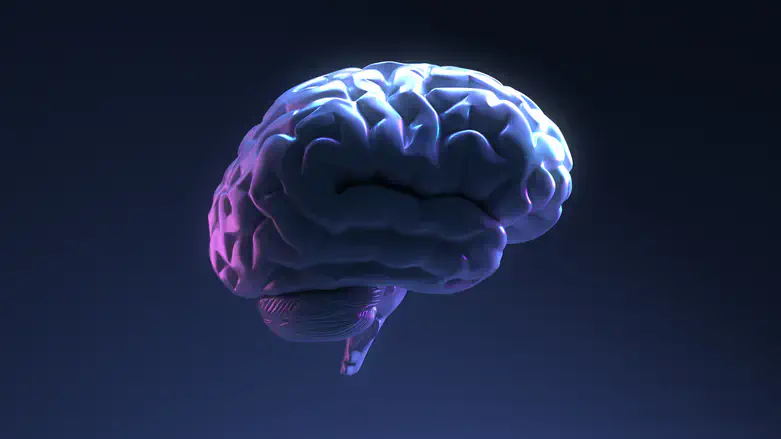
Human abilities are incredible and sometimes seem limitless. Humanity is able to create the most complex systems, effective mechanisms that move the planet forward. Figuring out the best minds and speeding up progress is not an easy task. However, there are tools for solving such a problem. The IQ test is just a tool that helps in the search for outstanding minds.
An IQ test was developed to determine the level of intelligence. The author and creator of the most famous and popular test for determining the level of intelligence was a German-British scientist, psychologist Hans Jurgen Eysenck. This person has left an indelible mark on history.
To date, there are many variations of IQ tests tailored to the current reality using innovative technologies and the results of recent research. A modern approach to the control of intellectual abilities helps not only to determine the level of abilities, but also to upgrade skills. Check Cerebrum IQ reviews about this.
What results are considered good?
The average values are considered to be from 90 to 110. 50% of people have this level of intelligence. And 130 points and above are considered high indicators.
What is the connection between health and IQ?
It is generally believed that genetics directly affects the IQ level. Scientists from the University of Delaware have concluded that 40 to 80% of human abilities depend on genetics, and the rest is determined by the environment. However, the state of a person's health during his or her adulthood also has a great influence.
Improper diet in childhood can affect a child's intellectual abilities. For healthy growth and development of a child, his body needs nutrients — vitamins, antioxidants, minerals and other components. Unsurprisingly, nutrition also affects brain function, and therefore determines intelligence.
For example, a study published in the National Post presented the findings that children who ate junk food or processed foods before the age of three had lower intelligence by the age of eight than their peers.
Another element of influence on intelligence is human emotions. A child's contact with his parents in early childhood is also of great importance for his intelligence. Children who were raised in conditions of tenderness and attention grow up to be contented adults who easily establish connections with other people. In addition, they have a higher level of intelligence and they cope better with everyday difficulties.
Chronic diseases
In addition to a lack of vitamins and minerals, chronic human diseases can affect the state of intelligence.
It is quite obvious that some chronic diseases can affect the level of focus, attentiveness, ease of understanding and awareness. For example, diabetes, cardiovascular diseases can affect cognitive function and concentration, which, in turn, can affect the results of IQ tests.
Therefore, chronic diseases affecting mental activity cannot be ignored when obtaining IQ test results.
Mental health
Returning to the issue of the relationship between emotions and intelligence, it is impossible not to mention the mental health of a person. Mental disorders such as depression or anxiety disorders can negatively affect cognitive function and, as a result, IQ test results.
Many mental disorders lead to impaired memory, attention, loss of focus, and difficulty concentrating. All this gives a distorted view of a person's real intellectual abilities. The same goes for anxiety and susceptibility. Feeling anxious or depressed can make it difficult to think and perceive information. People experiencing strong emotions (for example, in a state of stress or panic) may not be able to cope with tasks that require logical thinking or concentration.
Chronic stress leads to similar results. In a state of permanent emotional experiences, a person does not work on solving a problem, but on abstraction, which affects the quality of analysis and brain activity.
Sleep
Any doctor will tell you that a person's state of health directly depends on sleep. The appropriate duration and good quality of sleep has a positive effect on all areas of human health – both physical and mental. This directly affects a person's ability to think and create.
During sleep, there is a process of memory consolidation, when information received during the day is processed and stored in long-term memory. Lack of sleep can disrupt this process, which leads to a deterioration in the ability to remember and reproduce information.
Sleep affects the ability to concentrate and pay attention. Chronic insomnia or even short-term sleep disorders can lead to a decrease in attention and problem-solving ability, which can negatively affect the results of IQ tests.
Thus, an IQ test can be a great tool for introspection, but do not underestimate your health status.